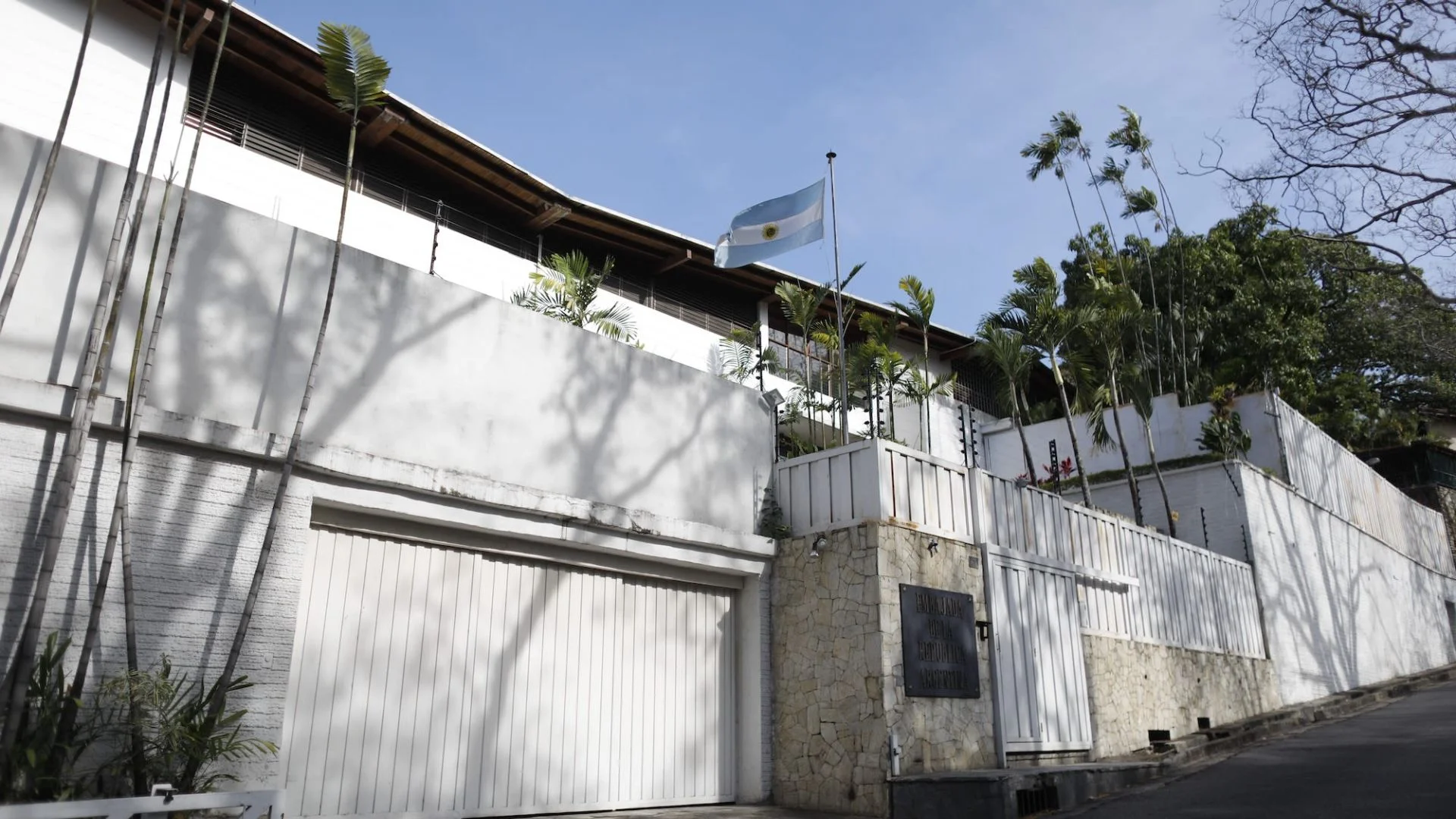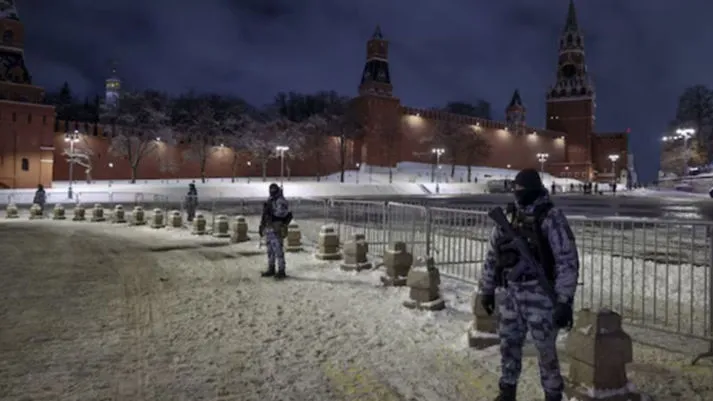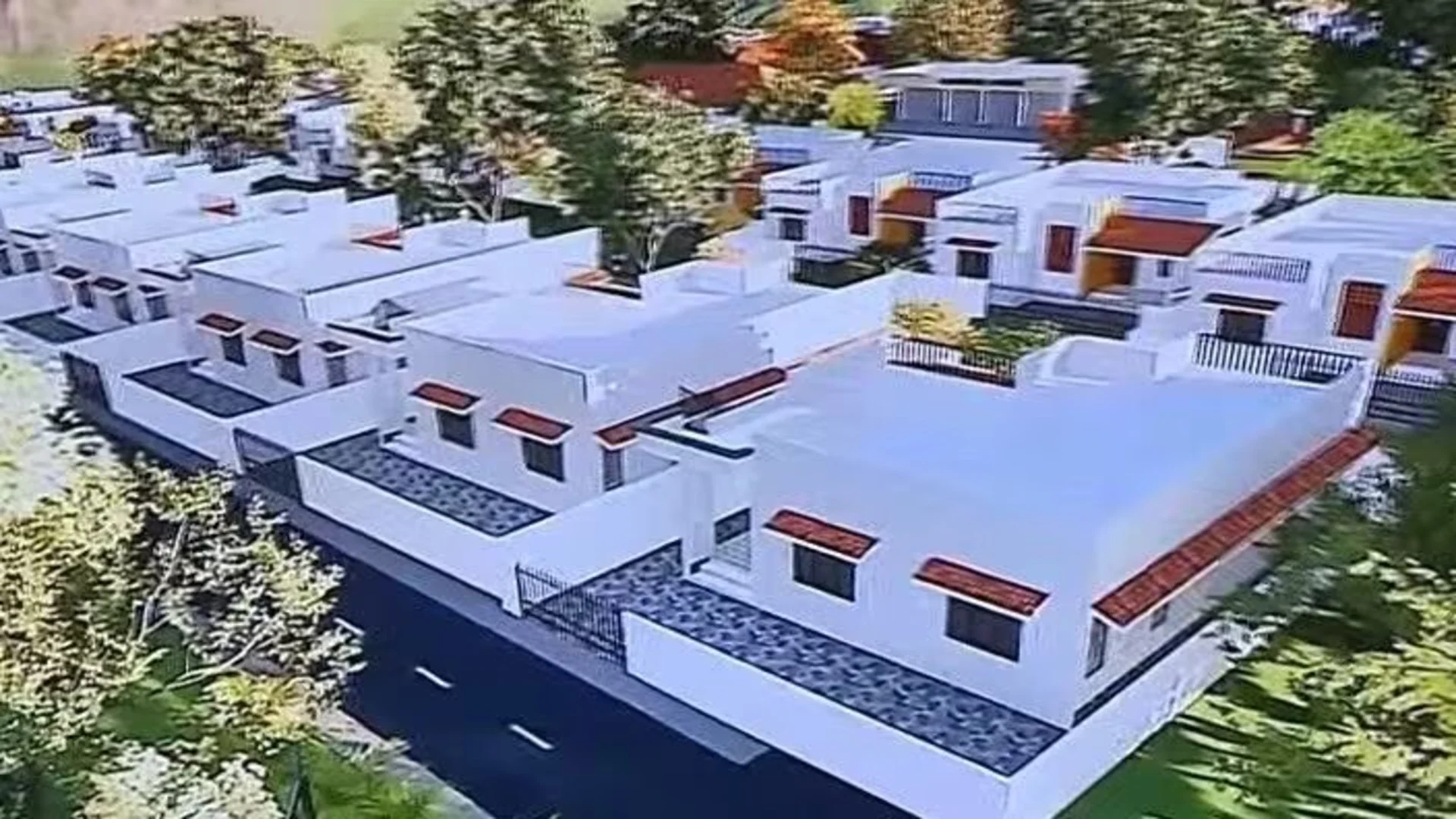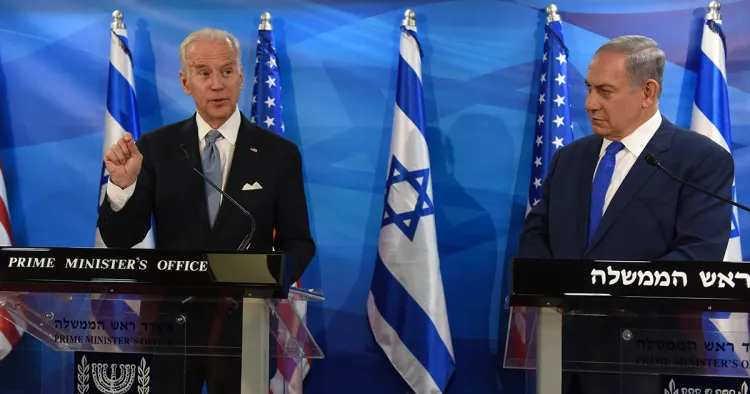Five Venezuelan opposition members, who have taken refuge in the Argentine embassy in Caracas to avoid arrest, described their situation as “prison,” while an adviser to opposition leader María Corina Machado, Magalli Meda, reported that the embassy residence has been without electricity for over a month, writing on social media platform X.
“This is a violation of our human rights. It has turned into an embassy prison,” Meda wrote.
The Venezuelan authorities have said that the power cut happened because the embassy failed to pay its electricity bill. The opposition figures have been in the embassy since March when arrest warrants were issued against them.
This political crisis follows the controversial July presidential election held in Venezuela. Both incumbent Nicolás Maduro and opposition candidate Edmundo González declared themselves winners. The opposition claimed to have provided detailed vote counts to prove its win, but Maduro has not presented any evidence to support his claim.
González himself has since fled to Spain, while Machado, who was banned from the electoral contest, is also believed to have left the country. Argentina and Peru have recognized the election victory of the opposition, further straining relations with the Maduro administration. Brazil has since taken over the operations of both nations’ embassies in Venezuela.
Meda expressed frustration over the lack of diplomatic support. “No ambassador has visited this embassy. Not one. Have they tried? Perhaps some wanted to,” she said.
The diplomatic standoff between Venezuela and Argentina deepened this month after the detention of an Argentine security officer in Venezuela. The Argentine government claims the man was visiting family, but the Maduro administration accuses him of involvement in a rightwing terrorist plot against the state.
As the political and humanitarian crises in Venezuela continue, the case of the opposition members in the embassy highlights the increasing challenges faced by those who oppose Maduro’s government.























